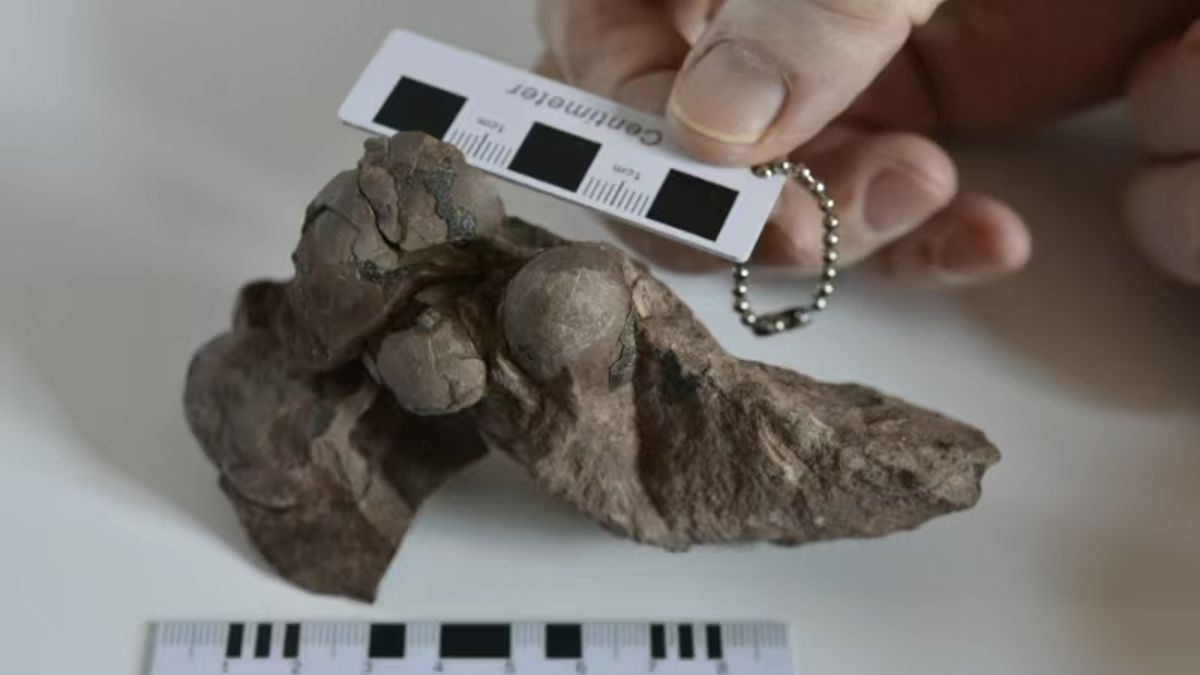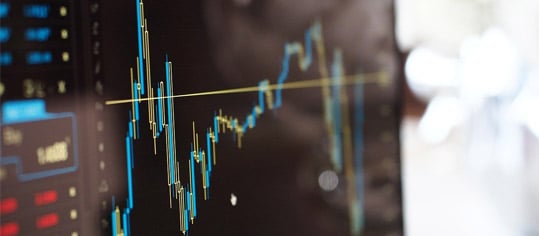On October 21, Mercedes-Benz officially opened the first battery recycling plant in Europe based on an integrated hydro-mechanical process. As a cooperation partner, Primobius is responsible for the engineering, delivery and assembly of the two-stage recycling system.
The integrated solution offered by Primobius (Joint venture between Neometals Ltd, Australia, and SMS group GmbH, Germany) Developed for Mercedes-Benz, it produces high-purity, low-emission battery materials that are fed back into the value chain. Michel Simon, CEO: “Primobius has invested a lot of work in this project and we are proud to support Mercedes-Benz in achieving its ambitious goals with an efficient and sustainable recycling solution. Together we will produce high-purity battery materials with a low carbon footprint for reuse in Battery manufacturing I am very proud of the entire team and also of the excellent cooperation we have established with Mercedes-Benz.
Integrated hydro-mechanical recycling concept
Thanks to the technology presented by Primobius at the Copenheim site, Mercedes-Benz has become the first car manufacturer in the world to close the material cycle in battery production through its own recycling plant. The process includes all steps from shredding the battery modules to drying and curing the active materials in the battery.
While the mechanical part of the process sorts plastic, copper, aluminum and iron in a complex, multi-stage process, the final hydrometallurgical part of the process focuses on the so-called black mass, which is the main product of the mechanical process. The black mass contains the precious metals that make up the electrodes of the battery cell. The precious metals, which include lithium, nickel, cobalt and manganese, are extracted individually in a multi-stage chemical process. This process is designed to produce battery-level recycled materials that can be used to make new battery cells.
“The reality is that electric cars have a very high CO2 footprint during production. This is primarily due to the CO2 emissions that occur throughout the life of the battery raw materials. The concept of electric mobility can only be sustainable if we can recover the battery materials.” Value in an energy-efficient way. And that's exactly what we do with our solutions: “We are proud to be one of the first in the heart of Europe to make this resource-saving recycling technology a reality,” says Michel Simon.
The Mercedes-Benz battery recycling plant in Copenheim has a production capacity of 2,500 tons per year. The recovered materials will be used to produce more than 50,000 battery modules for all-electric Mercedes-Benz models. The cutting machine has been operating in Kopenheim since the spring of 2024 and the final commissioning is underway. The final assembly and commissioning of the hydro mining operations will continue gradually after the opening ceremony.
Source: SMS group

“Certified tv guru. Reader. Professional writer. Avid introvert. Extreme pop culture buff.”






More Stories
Forrester Technology & Security Forecast 2025: Tech Leaders Will Triple AIOps Adoption to Reduce Tech Debt
Aluminum parts made with ElemX technology
Innovative technology in the testing process | halloherne.de